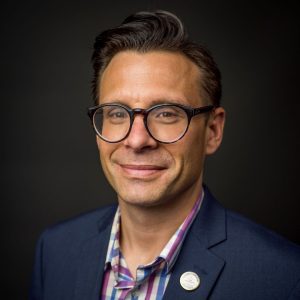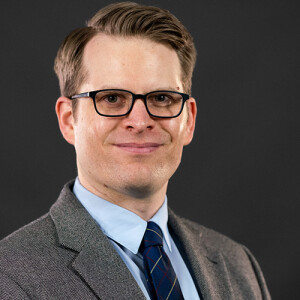Have you noticed that we live in a radically individualistic society? We gravitate towards, and think in, the language of “I” or “me”. We are saturated and immersed in the society of ME. We post selfies, Tweet our hot takes, and share things on OUR wall. We are told that we deserve that car and that we should treat ourselves to our various “needs” which in actuality are just wants.
One does not need to spend much time looking around to realize that this is the water we are swimming in. This even colors our thought processes as believers. Our natural disposition is to think of things in individualistic terms.
Yet, when we look at the New Testament we see a radically different worldview and perspective. There are many commands in the New Testament regarding how believers should treat one another. We are given a much greater communal picture through the “One Anothers” of the New Testament. We are not meant to do life alone, but live life in a community of fellow sojourning believers.
This is not the only way that the New Testament challenges our individualistic perspective. In at least one passage we also see God altering the way we view how God is at work.
When I think about my actions towards fellow believers, I tend to only view it as me being at work. As I consider my actions towards them I also tend to see those actions through an individualistic lens. God has called me to act in specific ways towards others and it is what he has commanded so I obey him, which is right and good. Yet there is more going on than what my individualistic perspective lets on.
Look at what 2 Corinthians 7:6-7 says. “But God, who comforts the downcast, comforted us by the coming of Titus, and not only by his coming but also by the comfort with which he was comforted by you, as he told us of your longing, your mourning, your zeal for me, so that I rejoiced still more.” (ESV)
The God who comforts expressly used Titus and the Corinthian church to comfort Paul and his companions.
The God who comforts expressly used Titus and the Corinthian church to comfort Paul and his companions. The means by which God was accomplishing his good purpose in their lives was through other believers. When we provide comfort to fellow believers, we are the means by which God has chosen to provide his comfort and he is comforting them.
So as you comfort that friend who is going through a rough season, God is comforting him too. When you visit that widow who has recently lost her husband of 50 years, God is comforting her in her grief. When you weep with the family that has lost yet another baby to miscarriage, God is comforting them through you.
Through you, your comfort serves twofold. The comfort of a friend and the comfort of God. What an encouraging truth to remember as we comfort others. May you keep this in mind as you comfort those in your life.

The Gateway Journal of Theology Inaugural Issue
Read all new articles in the inaugural issue of The Gateway Journal of Theology.

“Faith is a tree known by its fruits”: The Gisle Johnson Project
The Gisle Johnson Project is a new research endeavor spearheaded by Robb Torseth

Excerpt — Towards a Clearer Understanding of Jonathan Edwards’s Biblical Typology: A Case Study in the ‘Blank Bible’
Dr. Cameron Schweitzer provides new insights into Jonathan Edwards’s often mischaracterized typology.




